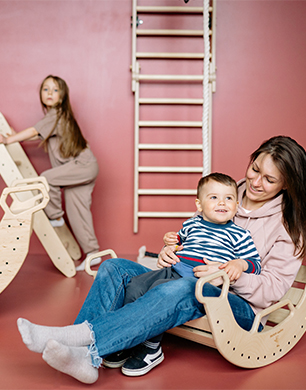
Photo Credit: Yan Krukov via www.pexels.com
Starting a family is arguably the biggest challenge you’ll face in life. But it’s also incredibly rewarding. The more groundwork you can do ahead of your new arrivals, the better prepared you’ll be. So, what exactly might this preparation look like?
Think about Long-term saving
According to the Child Poverty Action Group, the average cost of raising a child all the way up to the age of eighteen is around £160,000. Of course, there are ways that you can limit this expenditure – but the overall message is clear: you’re going to be spending considerably more, and you need to have a plan in place for how you’re going to store and save those funds. A long-term saving account is usually reliable. You might also think about upfront investments, like insulation and other home improvements, which will help you to limit your costs in the long-term.
Pick out the right home
Homes that are very well suited to life as a couple might not be quite so great for family life. When you’re shopping for a new home, you’ll want to think about your budget, as well as the accessibility of schools and outside spaces for your kids to stretch their legs in. You’ll also want off-street parking if you can possibly get it. Dragging shopping and the kids all the way in from the kerbside will get old very quickly.
New build homes tend to be the more energy efficient, and the more affordable to run in the long-term. Look for ‘new build homes near me’ and see what your options are locally.
Start Reading Books About Parenting
There’s no shortage of advice out there on how to be a good parent. Much of this advice is contained in the thousands of parenting books published every year – but not all parenting advice is of equal value. You might find that some of what you read is next to useless in the case of your child – since every child is different.
With that said, you’ll still want to prepare yourself for the day-to-day grind of those early years of parenthood, and books can provide you with crucial gems of information that you might otherwise have missed out on.
Whichever book you rely on, make sure that you talk your conclusions over with your partner. If you’re not on the same page, then no amount of advice is going to remedy that.
Look for Schools
The earlier you can get your children into a social environment with children of a similar age, the better. Children between three and five who attend preschool tend to achieve higher than those who don’t – so you’ll be setting them up for success if you can find a decent one.

